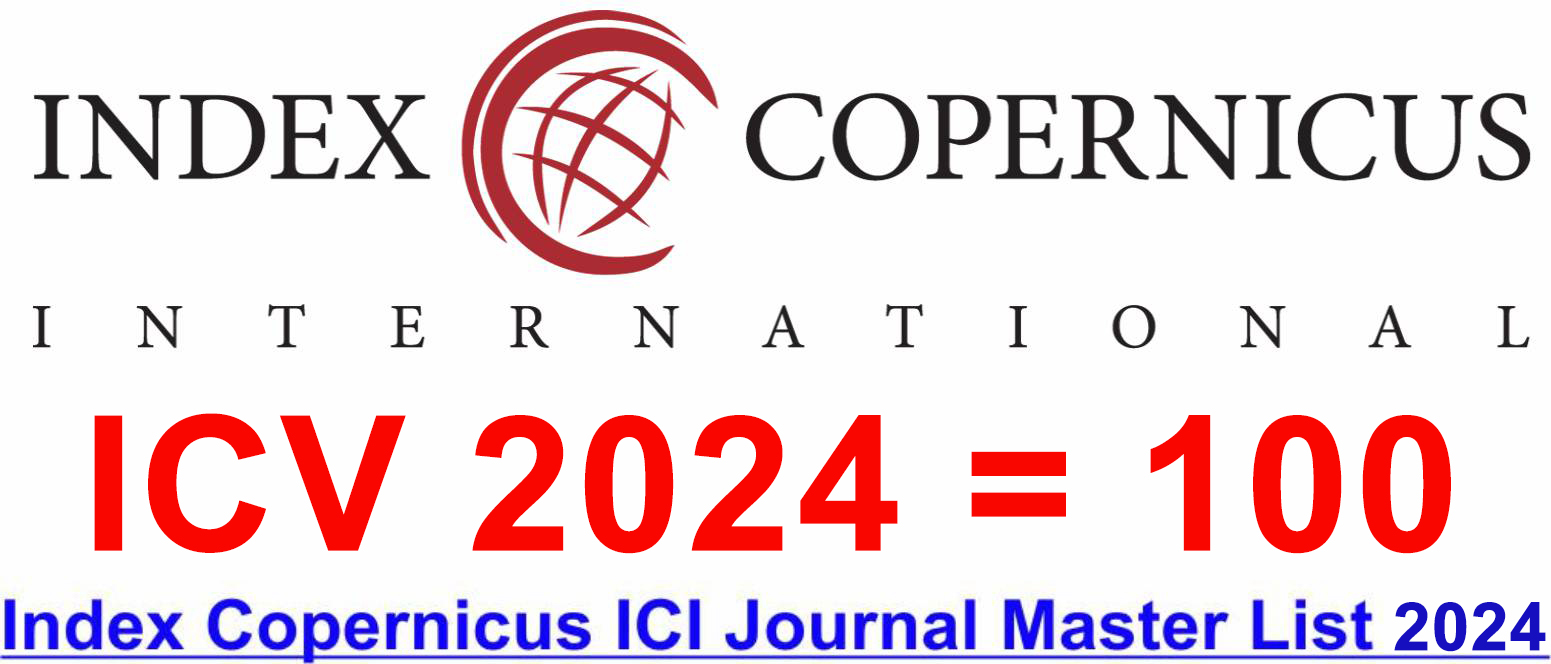An Overview of Tax Challenges of Digital Economy
DOI:
https://doi.org/10.46977/apjmt.2022.v03i02.005Keywords:
Digital Economy, Tax, Permanent Establishment (PE), Digital PresenceAbstract
The digital economy drives growth, innovation, and competitiveness. Rapid technological advancement contributes to economic and social transformations. Digitalization has produced entirely new business models and poses substantial problems for the current taxation system. An evaluation of the business models of Amazon and Google indicates that such a differentiated approach is required for both the proposed alternatives, i.e., a virtual PE or an equalisation tax. This paper presents the concept of the digital economy, features of the digital economy, business modes of the digital economy, and identifies deficiencies in the existing structure of international taxation as it relates to taxation of the digital economy. The paper further assesses nexus, data, and characterization as major components of the tax challenges of the digital economy, as well as providing mechanisms to address the emerging challenges in the present international tax system. From this study, it can be inferred that there needs to be global consensus that digital enterprises are detrimental to the tax system and that something needs to be done about it.
Downloads
References
Aduloju, O. I. (2022). Taxation of the Nigerian Digital Economy in View of the 2019 and 2020 Finance Act. Available at SSRN 4002469.
Devereux, M. P., & Vella, J. (2018). Debate: implications of digitalization for international corporate tax reform. Intertax, 46(6/7).
Devereux, M. P., Auerbach, A. J., Keen, M., Oosterhuis, P., Vella, J., & Schön, W. (2020). Taxing profit in a global economy. Oxford University Press.
Hadzhieva, E. (2016). Tax challenges in the digital economy.
Hongler, P., & Pistone, P. (2015). Blueprints for a new PE nexus to tax business income in the era of the digital economy. Available at SSRN 2586196.
Jurišić, M., & Kermek, D. (2011, May). Taxonomy of digital economy business models. In 2011 Proceedings of the 34th International Convention MIPRO (pp. 1414-1419). IEEE.
Kofler, G., Mayr, G., & Schlager, C. (2017). European Union-Taxation of the Digital Economy:“Quick Fixes” or Long-Term Solution?. European Taxation, 57(12), 523-532.
Ministry of Finance (2016). Proposal For Equalization Levy on Specified Transactions. Government of India. https://incometaxindia.gov.in/News/Report-of-Committee-on-Taxation-of-e-Commerce-Feb-2016.pdf
Olbert, M., & Spengel, C. (2017). International taxation in the digital economy: challenge accepted. World tax journal, 9(1), 3-46.
Pellefigue, J. (2019). The French Digital Service Tax An Economic Impact Assessment. Deloitte, Taj, March, 22, 1-4.
Prastowo, Y. (14th April 2015). Taxation Aspect of Digital Economy: An opportunity and Challenges. IAI Seminar.
Razin, A., & Slemrod, J. (1992). Taxation in the Global Economy. London: The University of Chicago Press .
Sengupta, M. (5th May 2020). Taxation in a Digital Economy: Review of recent developments in India. Clarus Law Associates.
Uktamova, M. (2021). The Possibilities of using Digital Technologies in the Financial, Banking and Tax System in Uzbekistan. International Journal of Trend in Scientific Research and Development (IJTSRD), 9-13.
World Bank Group. (2019). Nigeria Digital Economy Diagnostic Report.
Published
How to Cite
Issue
Section
Copyright (c) 2022 Asia-Pacific Journal of Management and Technology (AJMT)

This work is licensed under a Creative Commons Attribution-NonCommercial 4.0 International License.



















